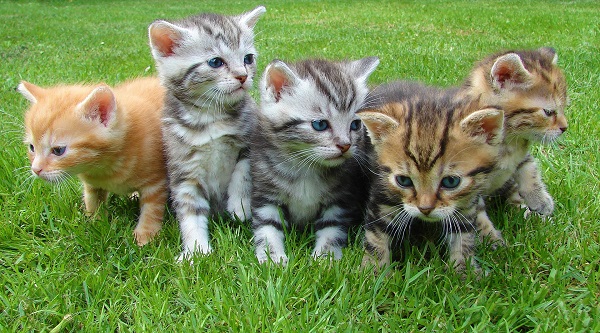Keep Your Ear to the Ground
Stampedes of cattle, horses, or bison occur frequently in old Western movies. The herds can often be heard before they can be seen. A few movies teach that if you keep your ear to the ground, you detect the stampede’s vibrations.
That also holds true for:
- People
- Trains and other vehicles
If you keep your ear to the ground, you stay alert to what is going on around you.
You listen for what is happening or may happen. That helps you keep up with:
- Current events
- Changes
- Opportunities
You benefit if you stay well-informed.
For example, you learn quickly of
- Job openings
- Special events
- Investment options
- Trends
If you keep your ear to the ground, you may also learn the latest gossip.
Of course, gossip may or may not be true. You usually benefit if you stay away from busybodies. Even if what they say is true, it is often unkind and unnecessary.
To stay informed, keep your eyes peeled and your ear to the ground.
To learn about the best life, focus on the one who created you and can guide you through all life’s changes. At the end of the road, that’s all that matters.
“The Master told me, ‘Go, post a lookout. Have him report whatever he spots. When he sees horses and wagons in battle formation, lines of donkeys and columns of camels, Tell him to keep his ear to the ground, note every whisper, every rumor.’” (Isaiah 21:6-7 MSG)
Thanks to Lindy Pierce for the suggestion.
Do you have an expression you want explained or a thought about this one? If so, please comment below.
Subscribe to receive my weekly posts by email and receive a free copy of “Words of Hope for Days that Hurt.”
If you enjoyed this post, please share it with your friends.









